What is the best, screw tops or natural cork? Yes, this is a debate that I am sure will continue for some time yet. One of the major proponents of the screw cap, Australian Penfolds, has recently made some new contributions to the debate. Peter Gago, their wine makers, does not think that the screw cap has a future, at least not for more expensive wines. However, he believes that the glass cork can be an interesting alternative. He also says that thanks to the fact that cork damages is now down to only around 1% many producers are going back to natural cork. And he points out that also with screw caps you can have a defect wine. Gago says that 1% of all wines with screw caps are oxidized due to the screw cap being damaged during transport or handling.
Gago have discovered another drawback with the screw cap. It masks the effect of heat damage. A red wine sealed with a screw cap looks perfect even if it has been exposed to 50 degree heat for several weeks, for example during a long transport in a non-refrigerated container. A natural cork, however, shows clear signs of such (mis-)treatment. It leaks and starts to push its way up.
Read more on Penfolds’ winemaker’s views on different closures thedrinksbusiness.com.
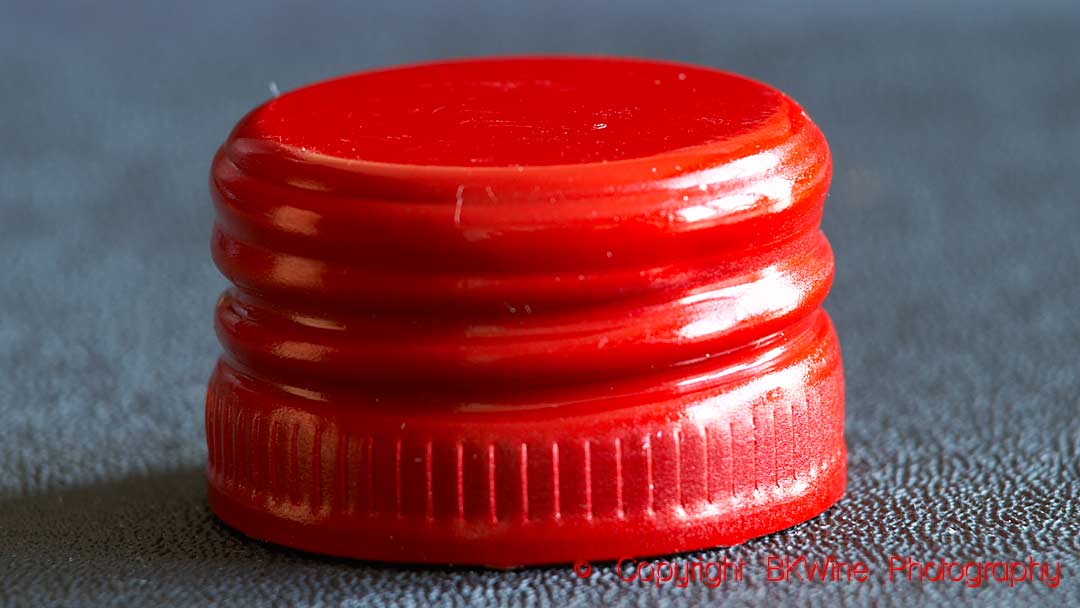
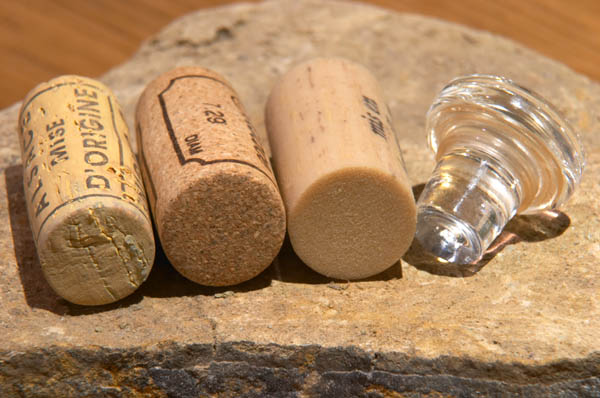



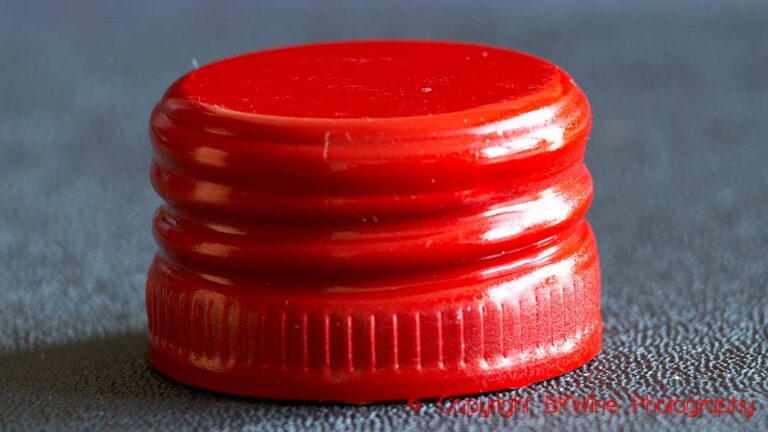
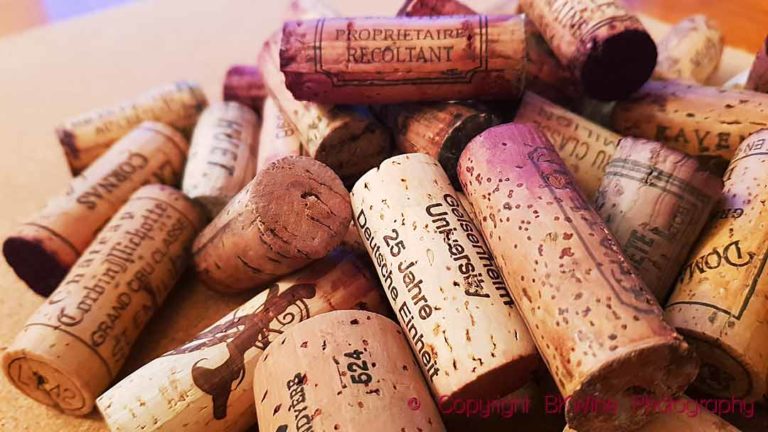
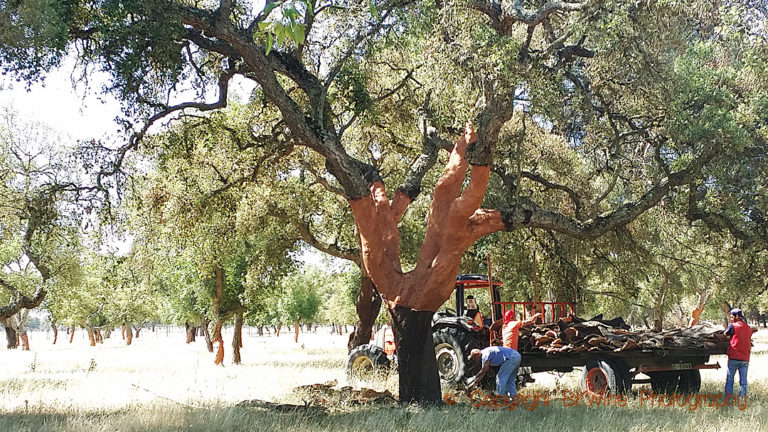





14 Responses
Interesting! I’ve always been told how crew caps are 100% safe…
Not quite the case. There are various issues with screwcap, including leakage.
Nothing is 100 percent safe. But there is no serious doubt that you can avoid many problems using screw caps instead of corks. Peter Gago knows the cork issues quite well.
Yes, you avoid certain problems specific to natural cork and instead you need to deal with other problems specific to screw cap.
Of course, there are problems with every closure. But screw cap is widely considered as best closure on the market. Simply because you can avoid TCA, phenolic influences, bottle variations and most cases of oxydation. Yes, with caps you have issues with damage and leakage, but the advantage is clear.
Depends on how you look at it.
Screw cap is not considered the best closure overall. No agreement world-wide on that, from my experience.
On some markets it is considered the best closure.
On other markets it is considered an inferior closure and natural cork is considered better.
It is very different on different markets and there is no general technical agreement, except locally on some markets.
My guess is that if you made a poll of all wine producers world-wide natural cork would win.
It would win. Not because of technical reasons but because of tradition. Impossible to convince a portugese winemaker. However, most experts agree that screw cap ist the best existing closure and way superior to natural cork. Trust me.
“most experts agree” – don’t think so.
If you ask people in Australia and New Zeeland, and some radical screw cap advocates in the UK yes. But otherwise I think most “experts” would have a much more nuanced opinion.
You are reducing a fairly complex question where there is really no “best” into a one-dimensional argument.
Both closures have drawbacks and advantages. But what is perhaps just as important is that you will get a very different end result depending on which one is used. The style of the wine in the glass will be very different.
There are very few things in wine that are black&white, very few cases where one can categorically say that one thing is “best”. Closures is one such thing where it all depends. On many different factors.
Well, I’m sure that most experts agree. There is no discussion anymore. You are right that all the availabe closures have advantages and disadvantages but the drawbacks of cork outweigh the ones of screw caps by far. Even without TCA which is present in at least 1 to 5 percent of all wines. (The situation now is better than it was five years ago, but there is still a huge amount of TCA-wine in the market. ) Of course you can say that a wine with phenolic notes is more interesting to you than a wine with pure fruit – than you have to go with the cork. Of course you can say that you want to fill a wine straight from the tank – than you have to go with cork to avoid reduction. Of course you can say that you want a quick development in the bottle instead of keeping the wine in a good shape as long as possible – than you have to go with the cork.
Curious that you can be so sure on a thing that most people are not so sure about. And that most expert that I talk to have a much more nuanced and balanced view on. Frankly “most experts agree” is a statement that I don’t think you can substantiate. What experts?
Also interesting to note that the Penfolds is going back to natural cork. As are some others who previously were very committed to screwcap, e.g. Laroche. Perhaps you need to tell them that they have not understood this thing called wine.
Wine is not as black and white as you seem to want it to be.
Dear Mr. Karlsson, I’m sure because I write about those issues for 20 years, maybe a bit longer than you do. And I talked to Peter a few weeks ago in Adelaide. Penfolds is not going back to cork, all the wines, except Grange, are still available with screw caps and will be. Peter sees the problems with natural cork and those with screw caps. He ist still looking for something better – but this will never be the “glass cork” as it was invented in Germany, but maybe a new solution. Great.
Wine is not black and white, you are right. If Laroche thinks that cork is more suitable for their wine style or their clients – I accept it totally. But that does not make cork a perfect solution.
Nor is screw cap the perfect solution.
In fact, there is no perfect solution, since, as for many things in wine, it depends on a number of factors. For example, what kind of end result you want.
Just a consumer note: Nothing beats opening a 20 year old Grange with natural cork! Otherwise, my favorite rare wine club would not exist.
Dear Radek, I love to open an old Grange. I’m pretty sure that the 1975 which I had a couple of weeks ago would have been even better with screw cap. Or at least as good as. BTW: We were about to taste another old Grange in Melbourne but it was clearly TCA-tainted. On the other hand a St. Henry with screw cap was marvellous. Of course, this is only a snapshot. But in my career I hat thousands of snapshots like this. In some cases the corked wines were actually better, more complex, more open. In most cases it was the opposite. So count together advantages and drawbacks.